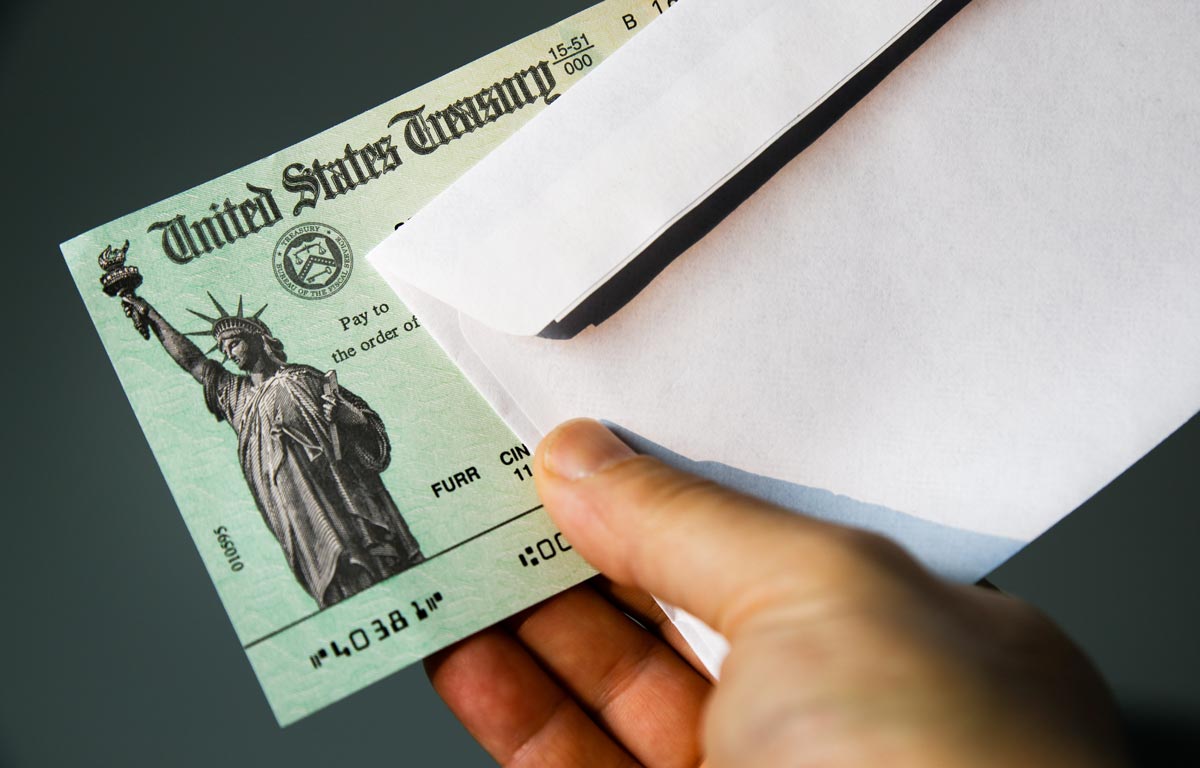Tens of millions of Americans have found themselves out of work as the economy reels from the impact of COVID-19. A record 22 million Americans have filed for unemployment insurance in the four weeks leading up to April 11.
Unfortunately, when there’s bad news, the scammers aren’t far behind. According to the Federal Trade Commission (FTC), Americans have lost a collective $13.4 million to coronavirus-related fraud since the beginning of 2020, and unemployment scams have contributed their fair share to the loss.
The panicked rush to fill out claims, along with the overloaded unemployment websites and phone lines, provide the perfect cover for con artists. In light of the pandemic, the federal government has also waived some regulations of unemployment insurance, including the requirement to actively be seeking work in order to be eligible for benefits. The looser criteria have only made it easier for scammers to pull off their schemes without getting caught.
Here’s all you need to know about the circulating unemployment scams.
How the scams play out
An unemployment scam can involve a con artist filing a claim in someone else’s name and then collecting their benefits or claiming to have been employed by a place of business where they have never held a job. The victim will thus be denied their own benefits.
According to the Inspector General of the U.S. Department of Labor, these cons can also take the form of a scammer impersonating a government employee and offering to help the victim fill out their application form for unemployment insurance. The victim, seeking assistance with their claim, will willingly comply with the scammer who is only out to get information so they can nab the victim’s benefits. Or worse, the scammer may use this information to steal the victim’s identity.
Other times, while allegedly helping the victim fill out their forms, the scammer will ask the victim to make a payment via credit card to enable them to receive their benefits. Of course, this money will go straight into the scammer’s pocket and the victim’s unemployment claim will never be filed.
In yet another variation of the unemployment scam, fraudsters create bogus websites that look like the federal websites used for claiming benefits. Scammers use sophisticated software to create these sites and lure unsuspecting victims via social media posts or emails. Once the victim is on the site, they willingly share information and assume they are actually filling out their unemployment forms.
Unemployment scams can make a challenging situation all the more difficult by leading to theft, delaying an unemployment claim or completely disqualifying a victim from receiving unemployment insurance.
How to spot an unemployment scam
As always, arming yourself with knowledge is the best way to protect yourself against an unemployment scam.
First, it’s important to note that there is no fee involved in filing or qualifying for unemployment insurance.
Second, government officials will never ask you to share personal information over the phone unless a phone appointment was preplanned and scheduled for a specific date and time. This includes a full Social Security number, date of birth, employment history and financial information.
Finally, sensitive information should never be shared on a site without first verifying its security. Each state will have its own website dedicated to filing and checking unemployment claims, but you can look for the lock icon next to the URL and for the “s” after the “http” in the web address. It’s also best to visit your state’s unemployment site on your own instead of clicking on an ad or a link that’s embedded in an email.
The coronavirus pandemic has changed the world as we know it, costing lives and devastating the economy. People are now looking toward the future while determining their next step in the new reality. Part of the recovery process involves picking up the pieces of economic ruin and keeping or putting personal finances in order. Scammers are out to thwart this process, but you can outsmart them. Always stay alert for potential scams and practice vigilance when sharing sensitive information online or over the phone.
Stay safe!



